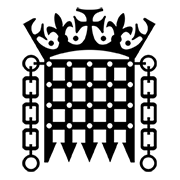Cowper’s Cut 360: No surprises as the countdown to Amandexit becomes explicit

It will not surprise ‘Cut’ subscribers to see a fresh effort to recalibrate and reset the general fictional scale deployed by English NHS management and politics.
This was one of those weeks.
It is not just about the issuing of the new NHS England guidance for 2025-26, a mere two months out from the start of the financial year in question, to which we will return later.
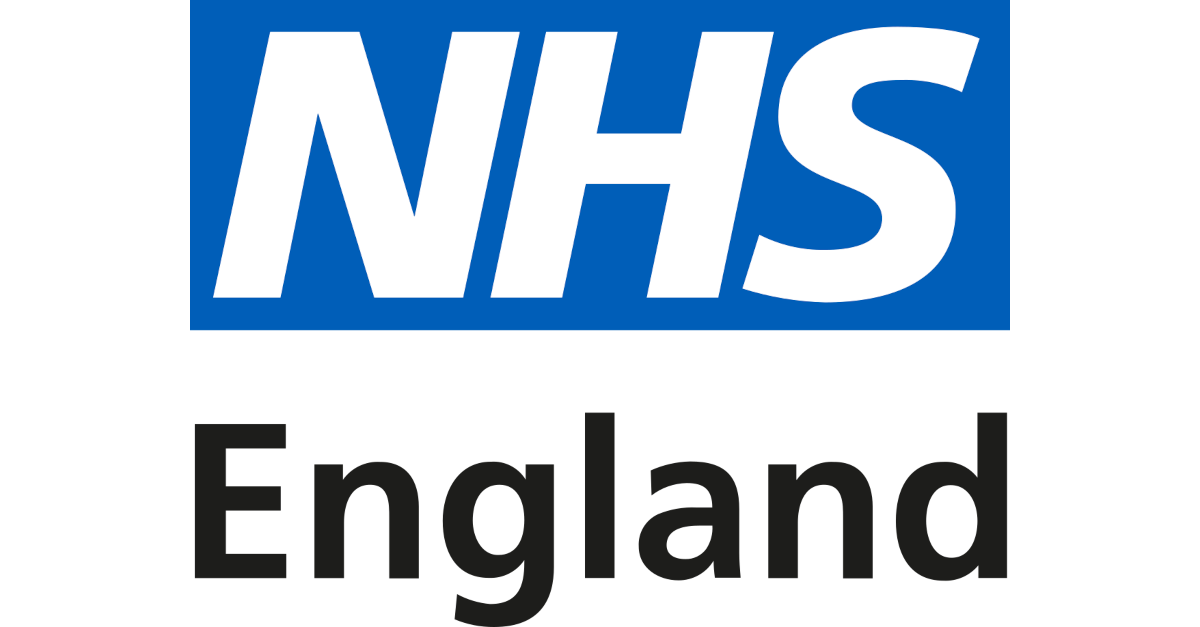
This week threw up more pressing political and leadership issues.
Amandexit
Dominating the current political and operational narrative is the evident imminence of Amandexit: the departure of NHS England’s ineffectual and generally un-respected chief executive Amanda Pritchard.

Ms Pritchard’s appearance at the Commons Health Select Committee this week was remarkable, although not in a good way.
This came off the back of the Commons Public Accounts Committe‘s report on NHS financial sustainability, which could scarcely have been more damning. This concluded (to the absolute astonishment of zero members of the Reality-Based Community) that “both the Department of Health and Social Care (DHSC) and NHS England (NHSE) seem complacent regarding the NHS’s finances.
“NHSE is also relying on the extremely optimistic assumption that it will achieve unprecedented productivity improvements of 2% each year by 2028–29, as part of the NHS’s recovery.
“Both DHSC and NHSE tend to blame the NHS’s poor financial position on exceptional external factors, such as the Covid pandemic, inflation and industrial action. While these undoubtedly have played their part, there are also well-known issues that are within officials’ control.
“For example, DHSC and NHSE have repeatedly failed to provide information about budgets in good time to local NHS systems and indeed in some cases not until months after the start of the financial year.
“This disregard for basic principles of sound financial planning is hampering NHS systems’ ability to deliver services for their local areas.”
Ouch. I mean, that is quite the smack.
So what was The Woman In Black’s comeback?
Well. It was … yes, quite something.
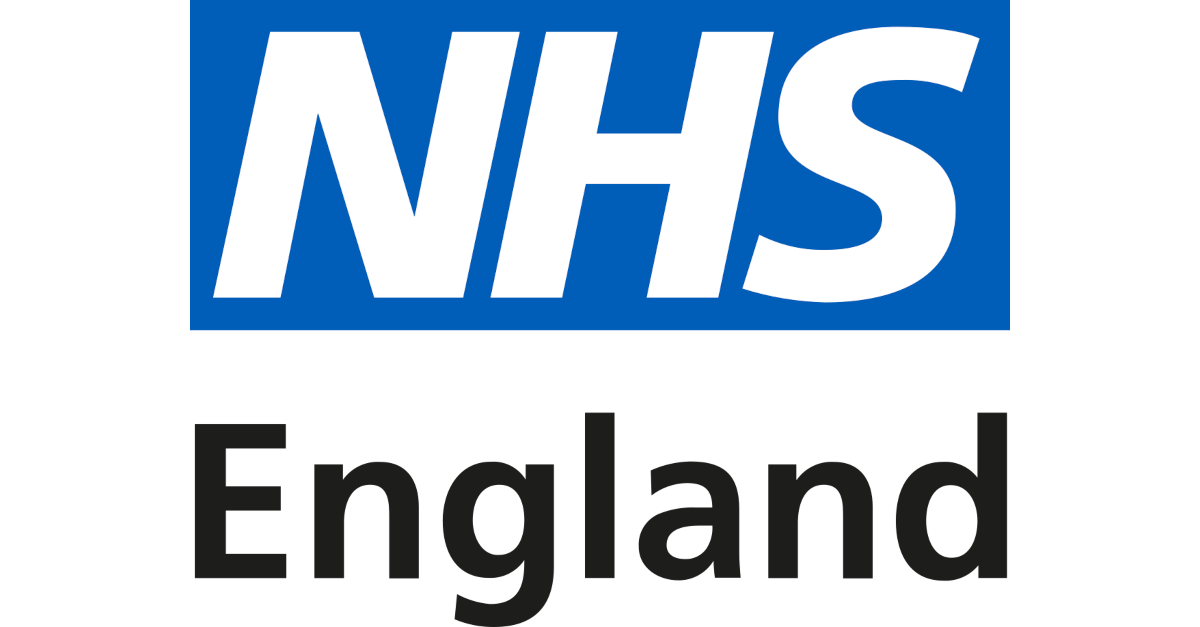
Ms Pritchard’s response was to tell the Commons Health Select Committee hearing on Tuesday morning that “NHS England is absolutely not complacent about productivity, and it is completely wrong to suggest otherwise.”
Mmmmmmmm.
This being the very same NHS England chief executive Amanda Pritchard who in November 2023 told the Commons Health Select Committee that “there is a misunderstanding at the moment about the state of productivity in the NHS because it’s measured in a way which doesn’t fully reflect either what happens at acute trusts or [investments to improve care quality] or, crucially, it doesn’t reflect what’s happening in community care, it doesn’t count things like virtual wards.
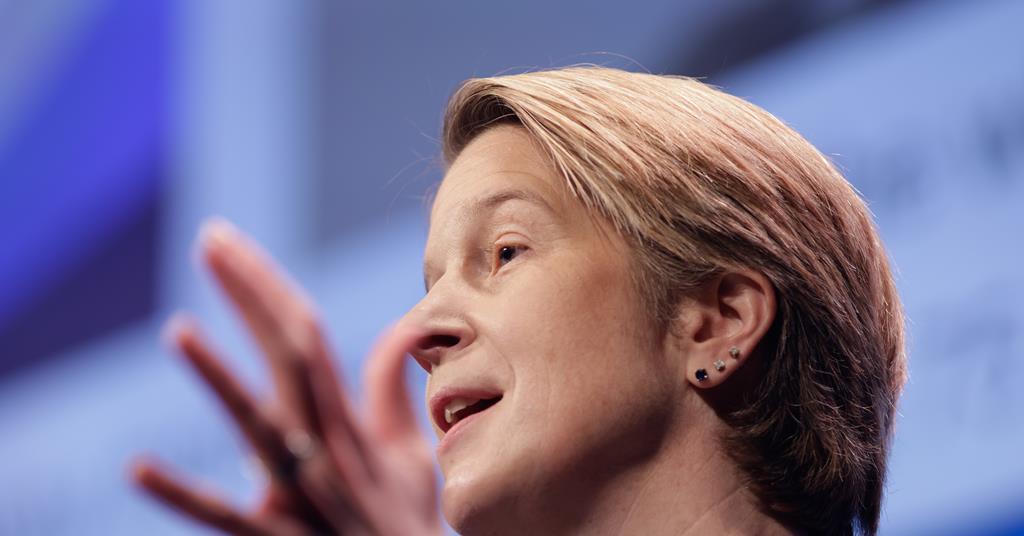
“If you take into account of all of those things, actually the start point is an NHS which is doing far more work and differently than it was pre-covid. [That] doesn’t mean there aren’t still productivity challenges but it’s just a very different baseline on which to build.”
Productivity is a warm mention
Now we see how NHS England defines high-priority. Productivity was discussed at an NHS England board meeting, and NHSE had two national media articles about it, bylined to or chiefly quoting Amanda Pritchard.
Because that’s how we know that NHSE are really taking a thing seriously. It gets mentioned at the board, and a couple of op-eds.
Because that’s definitely how you make progress and improvement.
Mmmmmmmm.
That is going to be NHS England chief executive Amanda Pritchard’s career obituary.
Oh, and we are now almost a week on from NHSE publicly stating that the Commons PAC have made pertinent and serious errors in their report. But NHSE have still not stated what those errors are.
It’s almost as if NHS England don’t have an argument to make about the PAC’s findings that won’t be instantly discredited.
The Pritchard Defence: Commons Select Committee among the unconvinced
If you were going to come out swinging successfully (which we can only presume was the intention of the above), then you’d want to convince your audience. This Ms Pritchard signally failed to do, as the Commons Select Committee’s post-hearing statement confirmed.
HSC chair Layla Moran MP, said, “following today’s report by the Public Accounts Committee, this morning’s evidence session was an opportunity for NHS leadership to prove their drive and dynamism. Regrettably, we were left disappointed and frustrated.
“We had hoped for a sharpness in witnesses’ responses but were exasperated by the lengthy and diffuse answers that were given to us and will be writing to them to seek the clarity that we expected to hear in the evidence session.”
This is not what happens to a national NHS leader who is going to survive in post over any period of time. It was picked up by The Guardian’s ever-briefable Denis Campbell, and the PAC critique was also spotted by Dods’ Politics Home online magazine, which aspires to be read in and around Parliament.
The Streeting-Pritchard co-dependency is over
I wrote just before the general election that “the NHS has not been the subject of serious debate or discussion over the past six weeks. We know very little (other than headlines and vibes) about Labour’s detailed plans for NHS reform. This is probably because they don’t have any, but if they do, they have been subjected to zero public scrutiny or consideration.
“That omission is probably going to be important, come Friday.”
So it has proved to be.
Labour’s utter lack of any health policy development in opposition (bar the upstream rhetoric of the ‘triple shift’, which as Sam Freedman’s latest blog notes, has been policy rhetoric dating back decades) left the incoming administration heavily reliant on Lord Darzi’s effective political blame-delivery.
Unfortunately, political blame - while important - is not an NHS reform plan, any more than hope is.
It also left Health But Social Care Secretary Wes Streeting heavily co-dependent on NHSE boss Amanda Pritchard being effective, efficient and sighted on the real problems with some real solutions.
That was a huge mistake, as Mr Streeting has spent much of the subsequent months realising. It was glaringly there to be realised well before the general election, but to realise it, you had to be paying proper attention to what was actually happening in English health policy and politics.
And Mr Streeting wasn’t.
As to the importance of Amandexit, the penny has now dropped with a resounding clang. (Speaking of Penny, Ms Dash’s performance at interview on Friday morning looks likely to have secured her the role of the next chair of NHS England, although it is not yet clear if this announcement is immediately imminent.)
Streeting tells NHS England ‘someone’s now in charge: it’s me’
On the Thursday morning video call with NHS chief executives in England, Ms Pritchard’s body language was variously described as ‘bloody awful’, ‘dreadful’ and ‘weird’.
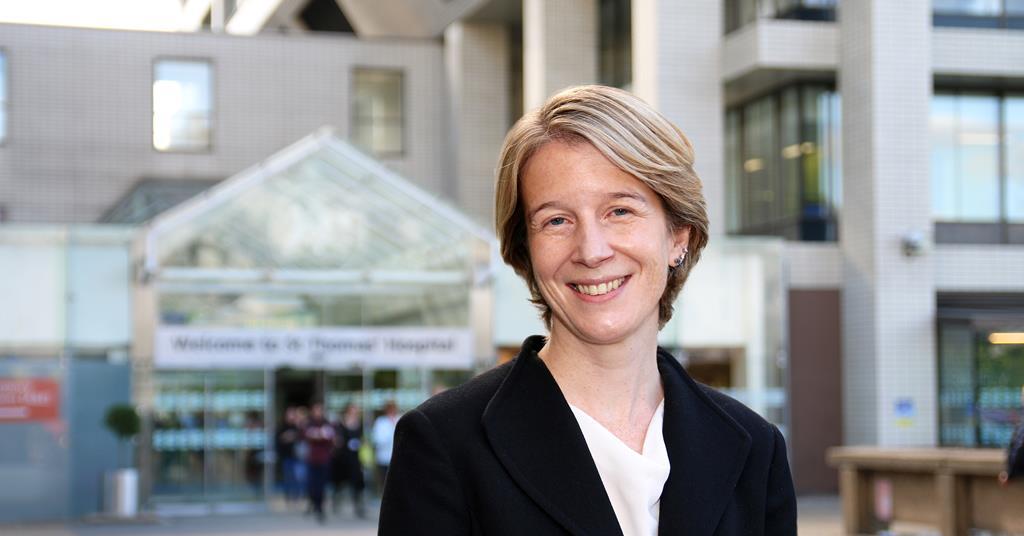
This is not surprising, given that the day’s announcements included the fact that NHS England is going to lose a further 2,000 jobs. That’s obviously sad for those people who will lose their livings as a result: it’s also about the single most predictable thing imaginable, given how excessively over-sized NHSE is still going to remain after this latest stage in its death by a thousand cuts.
The fact that this came as a demonstrable shock to Ms Pritchard probably tells us all we could ever need to know about her political and situational naivety.
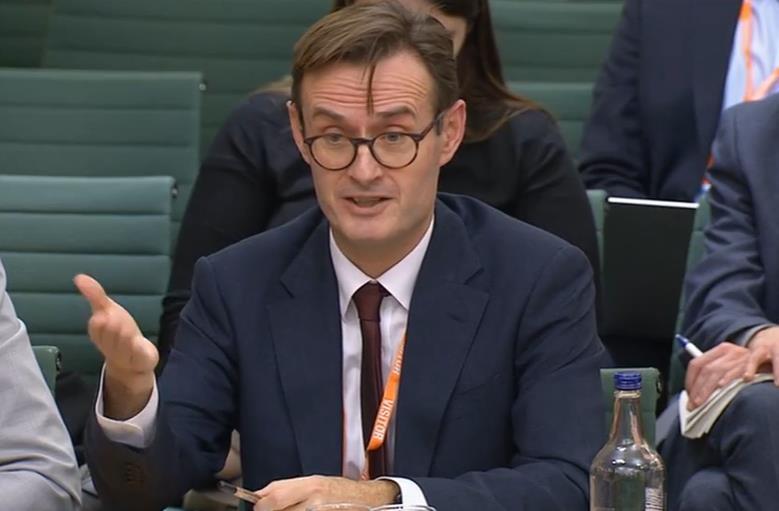
Alongside this, the 2025-25 OF confirmed what NHSE DoF Julian Kelly had told the Select Committee: that the elective ring-fence was being abolished for 2025-6.
Mr Streeting agreed to the electoral recovery fund being abolished as part of a devolution of power away from NHS England, which was also manifest in the reductions of national targets in the new operating framework.
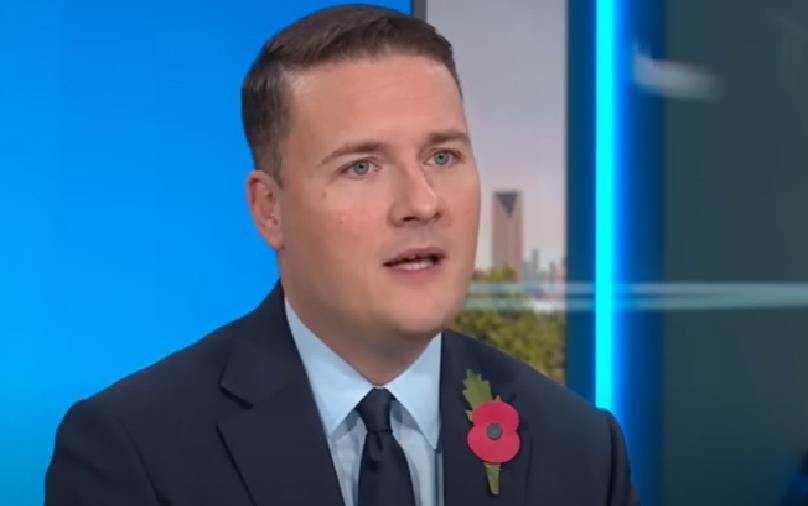
Targets that the English NHS has consistently missed for many years on cancer, A&E and mental health are now officially being consigned to the same fictional terrain as the 40 new (if fictional) hospitals.
This cull of targets will cause much rhetorical angst. But that’s silly: targets that are never being hit are of scant use.
And the better-run NHS organisations, who have the capacity and capability, can hold themselves to account for priority areas that they consider to be of high importance. It doesn’t only have to be about targets from the centre.
Streeting told civil servants that his decentralising aims include lower priority for lobbying by the voluntary sector organisations, according to The Times.
NHSE’s death by a thousand cuts
Mr Streeting’s interview with Health Service Journal’s Dave West previewing these changes “confirmed to HSJ he had no plan to abolish NHS England, but did not rule out creating joint roles at a senior level.
… “I think there’s a genuine and legitimate question about whether you would choose by design to channel so much public money through an arm’s length body.
“But my conclusion at this stage is I could spend a hell of a lot of time in Parliament and a hell of a lot of taxpayers’ money changing some job, titles, TUPEing over staff and changing some email addresses and not make a single difference to the patient interest.”
He said although he would not legally scrap NHSE, there would be more change to “eliminate waste and duplication” across the two and on “clarifying roles and responsibilities in the coming months. As far as I’m concerned, DHSC is responsible for policy and strategy … and we drive improvement through the delivery organisation, which is NHS England”.”
In his introduction to the 25-26 mandate/OF, Mr Streeting wrote, “I will be closely monitoring performance against the budget. The culture of routine overspending without consequences is over.”
As votes of confidence in NHS England go, that isn’t one.
GPs are bad, again
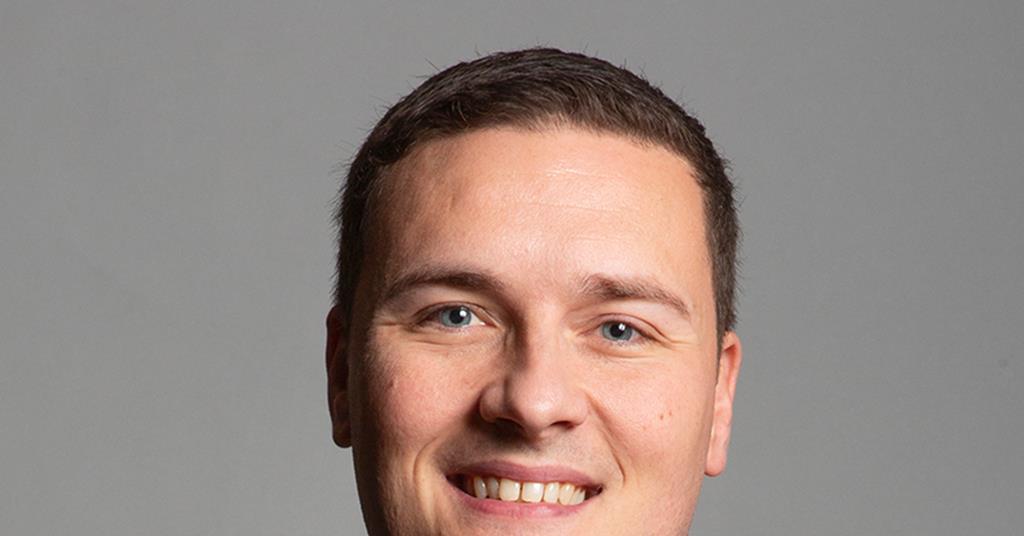
Mr Streeting’s ambivalent attitude towards primary care - the bit of the NHS which for several years now has been manifestly increasing its productivity - is among his funnier traits.
This week, he is back to being down on the profession, telling HSJ that poor performers were “dragging down” general practice and this was “part of the reason, [though] not the only reason, why general practice is being given a hard time and has a bit of a bad rep”.
“There are some practices which are not working as hard as they could and driving improvements as they could for their patients. And at the same time, there are GP partners who are up to one or two o’clock in the morning determined to get everything done … and overworking in a way I would be worried about if they were working directly for me.”
He expects ICBs not only to take on more work from the cuts to NHSE but to performance-manage GPs.

This is indeed the same ICBs whose operating funding has been cut by 30%.
Yeah. Good luck with that.
No surprises
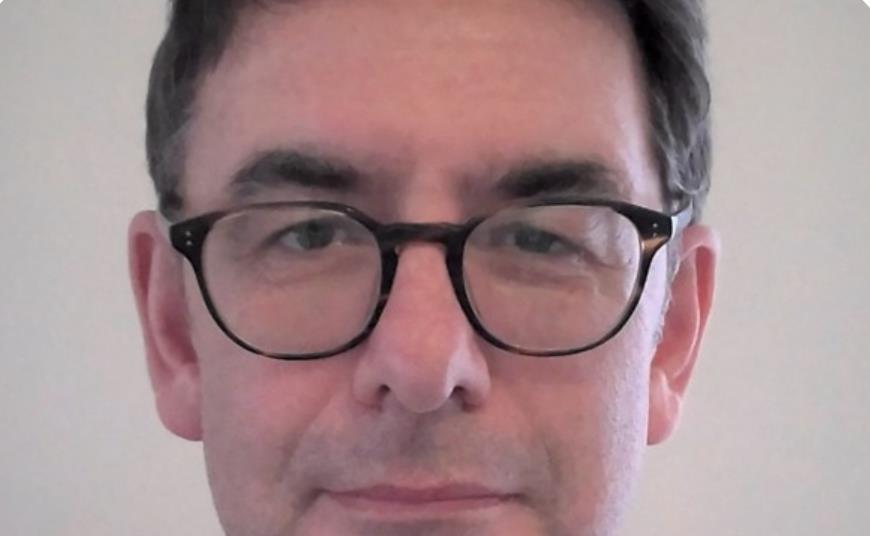
In a remarkable communication, NHSE chief information officer John Quinn emailed his staff, “the news yesterday [of 2,000 job cuts] is very challenging for the NHS, NHS England, and cut to the chase … Digital and you. It might not get said as explicitly elsewhere, but I am sorry. This is not looking great for our plans.
“This is not just a tightening of the belt for a further year on headcount. The non-pay targets and recent splits on capital and revenue funding are creating a very stark picture on not only how we can support our services, but our ongoing programmes of work.
“This looks pretty serious for the next financial year, and I think this is likely to affect all of our work, and all of you in some form. There is still quite a bit to find out, and this is unplanned for work that we are going to need to create capacity to be able to respond to. I and many of you will have views on how change is managed, but that has to be put to one side, and this will need the kind of response that in leadership terms.. is a Priority 1 … There is a life outside of work. Life is short… enjoy the moments when you can.”
Mr Quinn then posted a link to Radiohead’s No Surprises: a song whose lyrics open with the lines, “A heart that’s full up like a landfill / A job that slowly kills you / Bruises that won’t heal”.
Recommended and required reading
Steve Black’s latest HSJ Mythbuster column is a timely reminder about the need not to neglect A&E long waits.
The Times looks at how John Swinney’s alleged NHS reset in Scotland compares with the plans in England.
Remarkable piece on NHS pension perversity in the Boris Johnson Fanzine.
Julian Hartley says that the CQC’s reports are nonsense. You don’t say, Julian.

